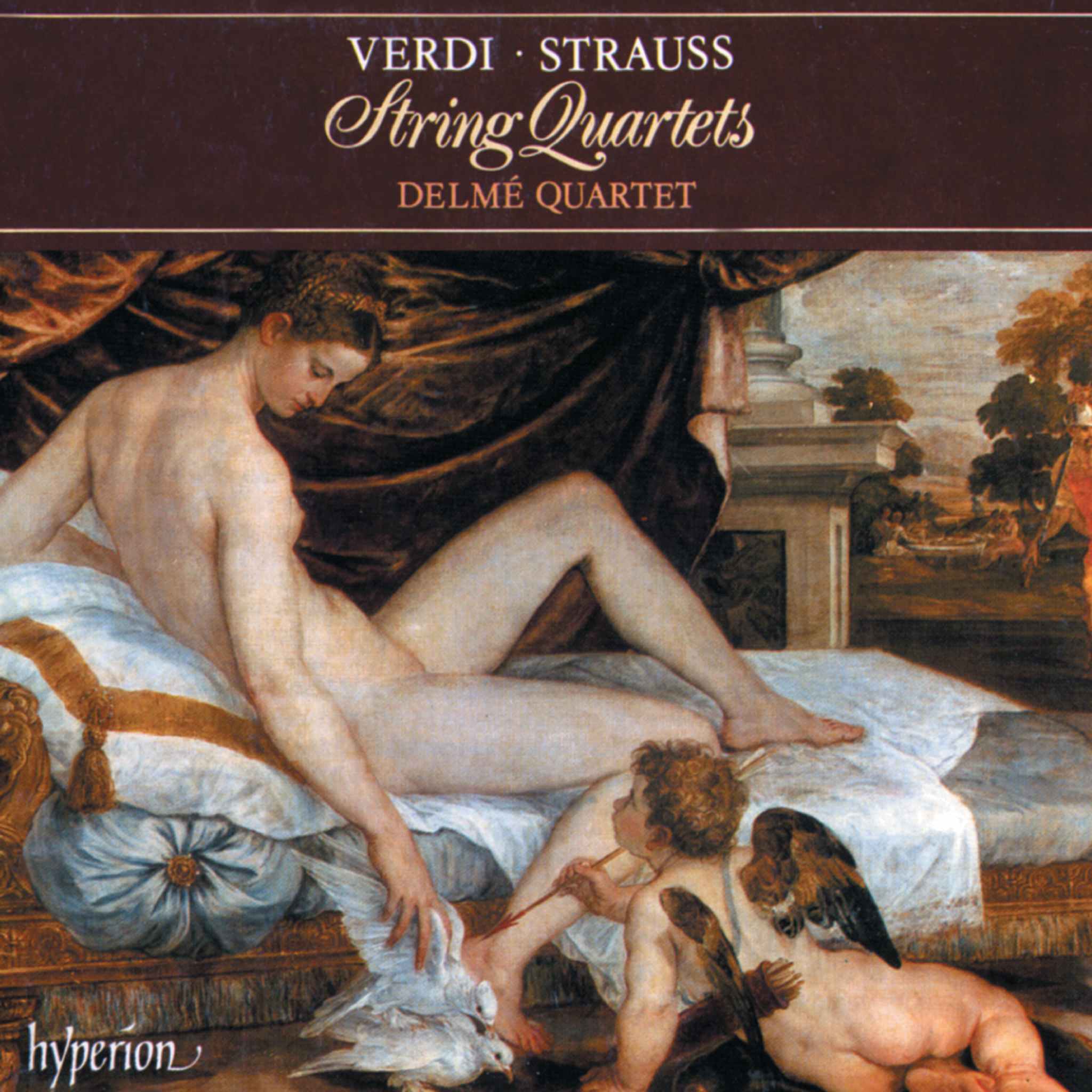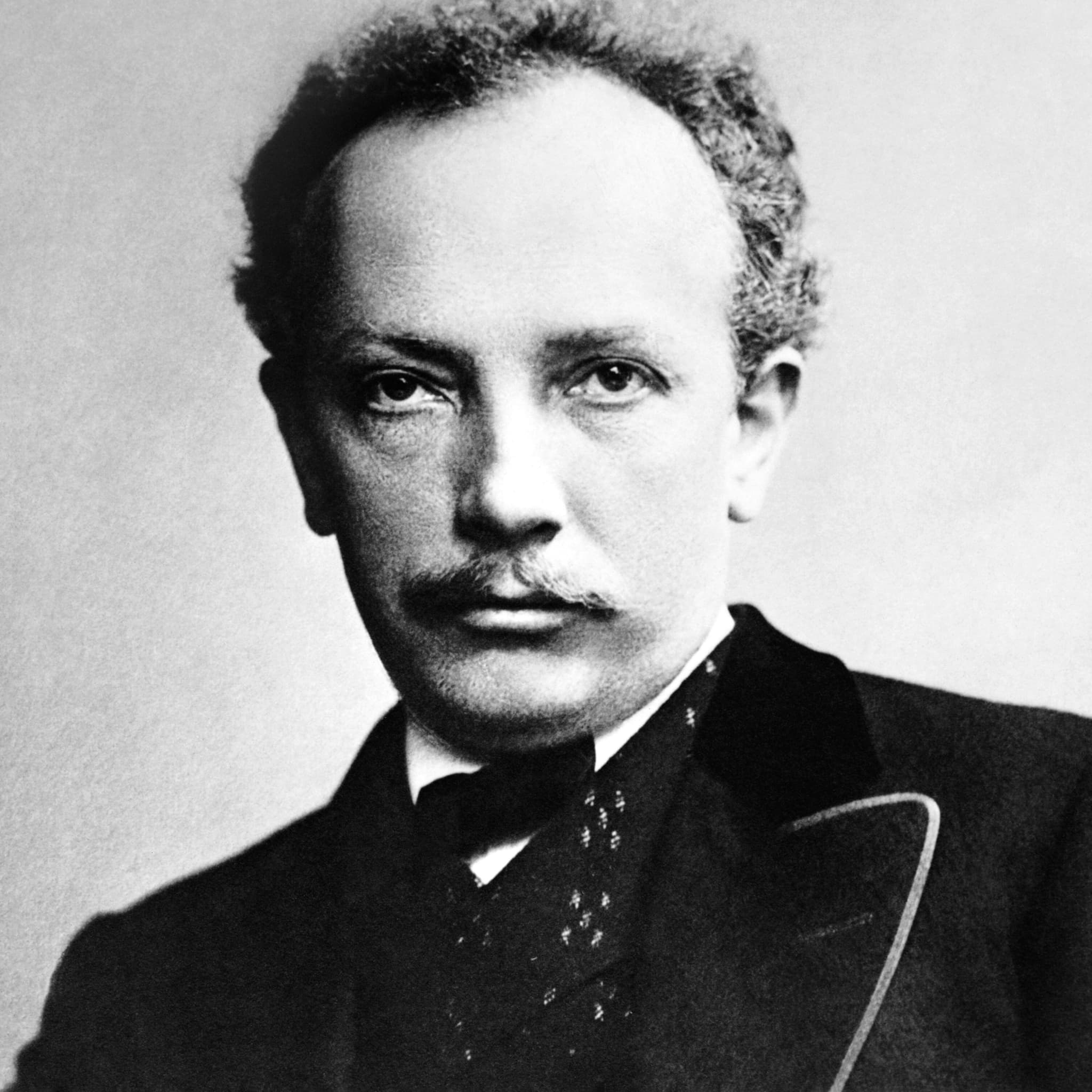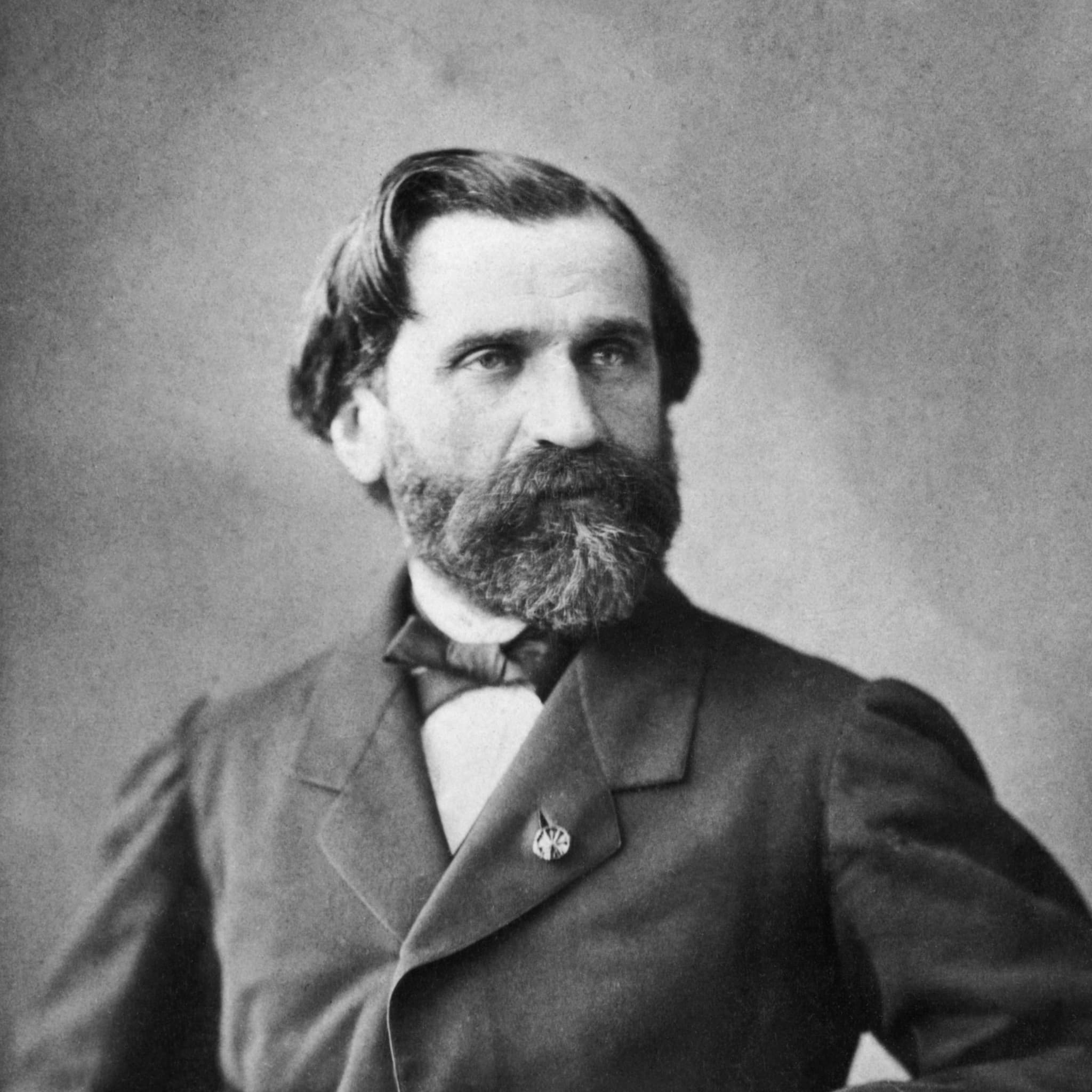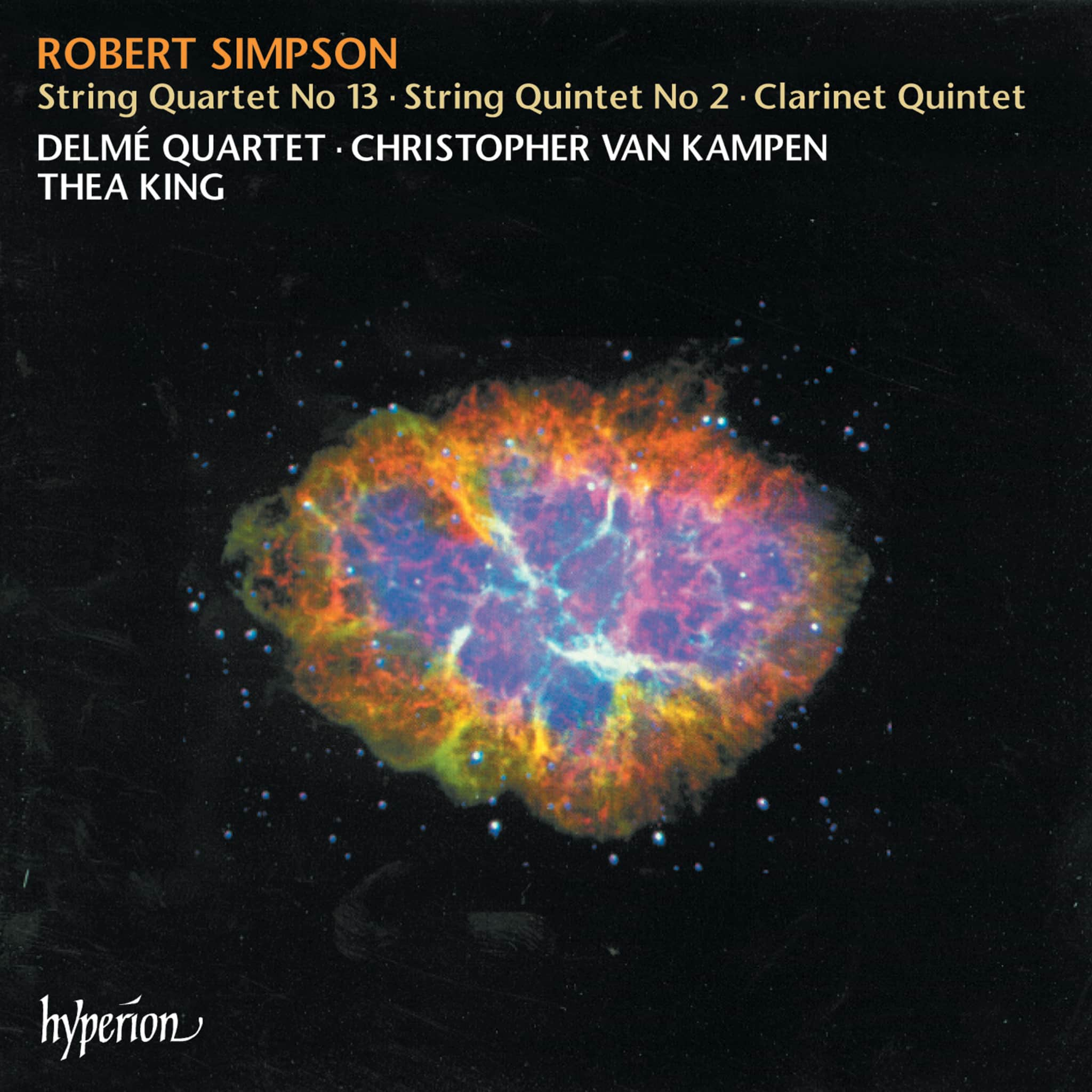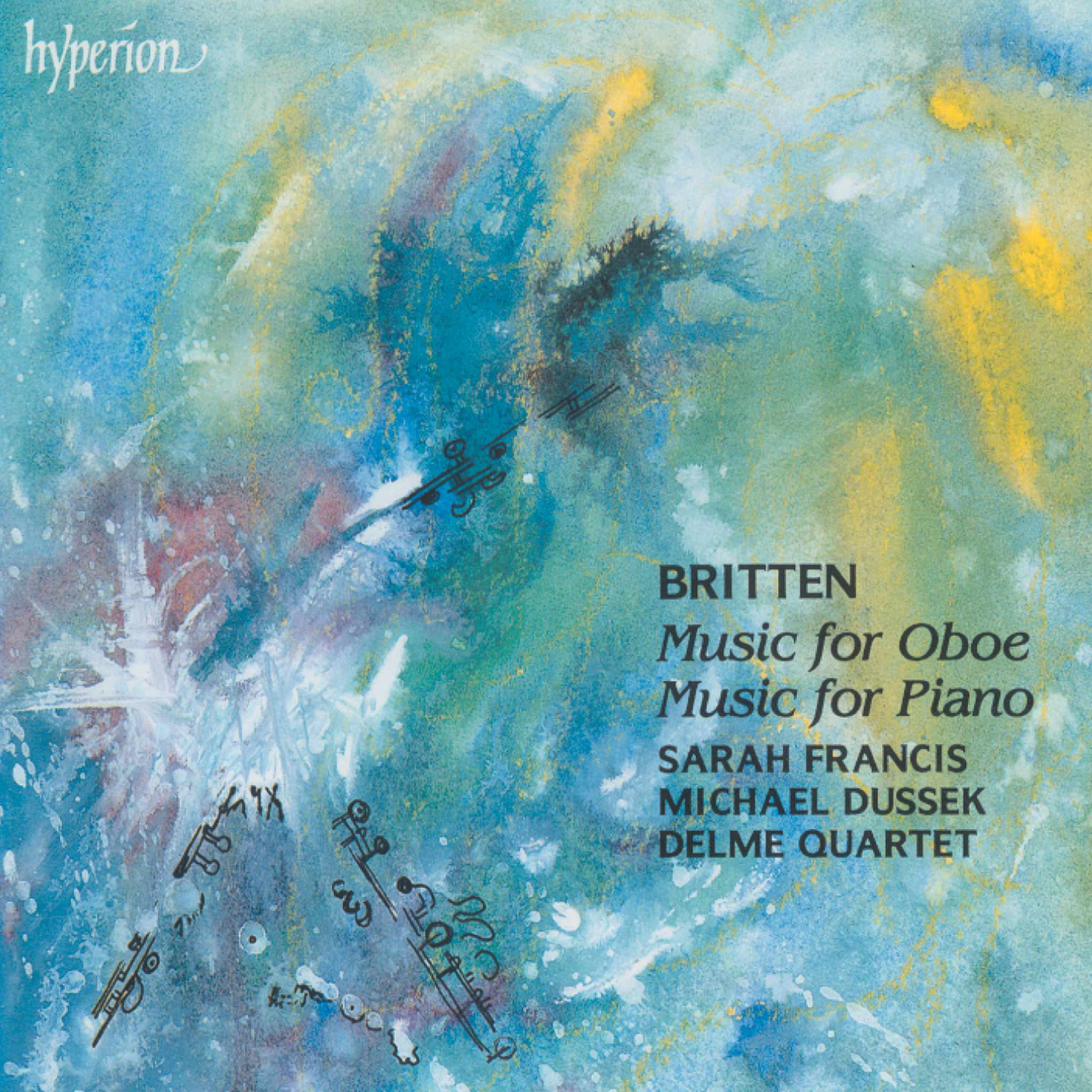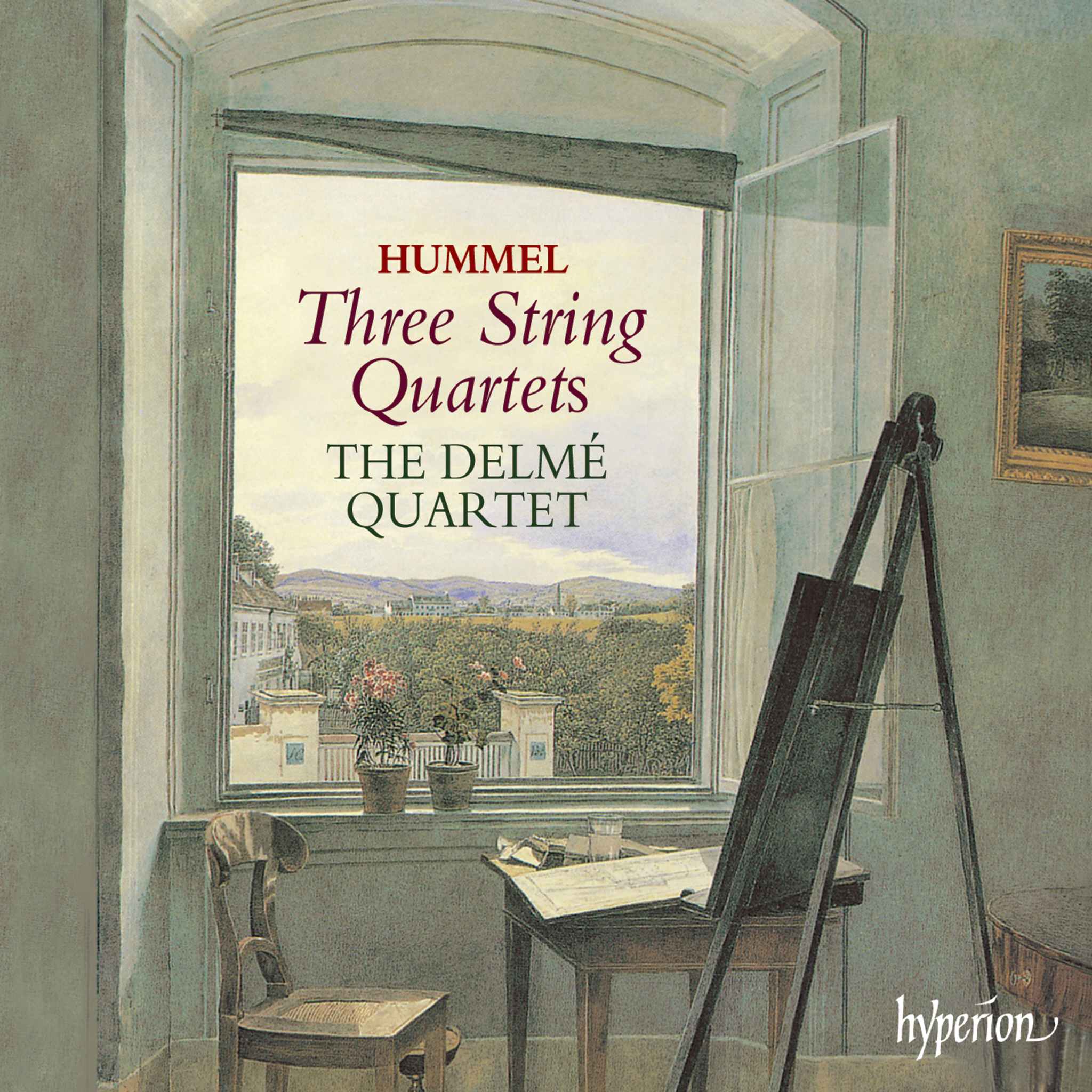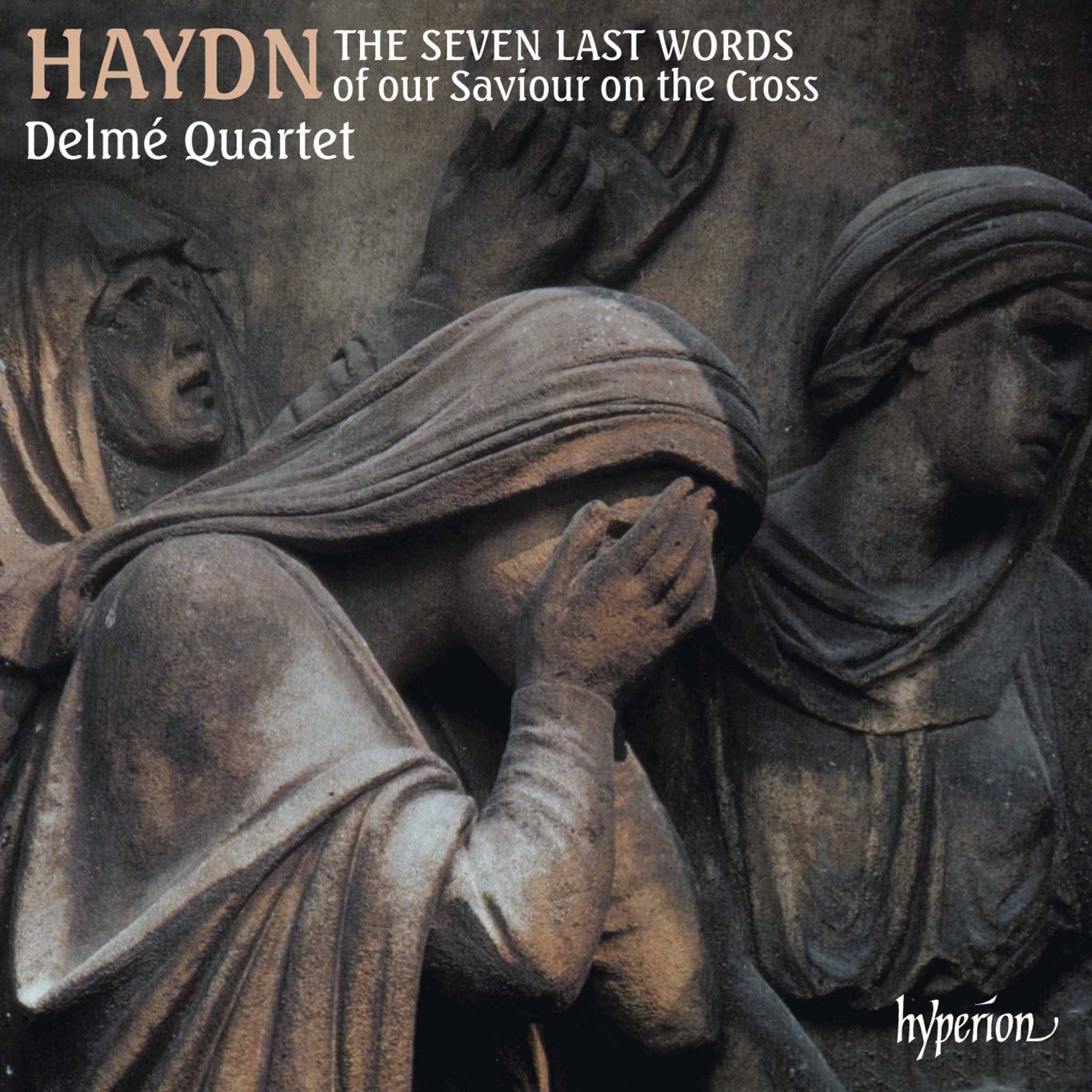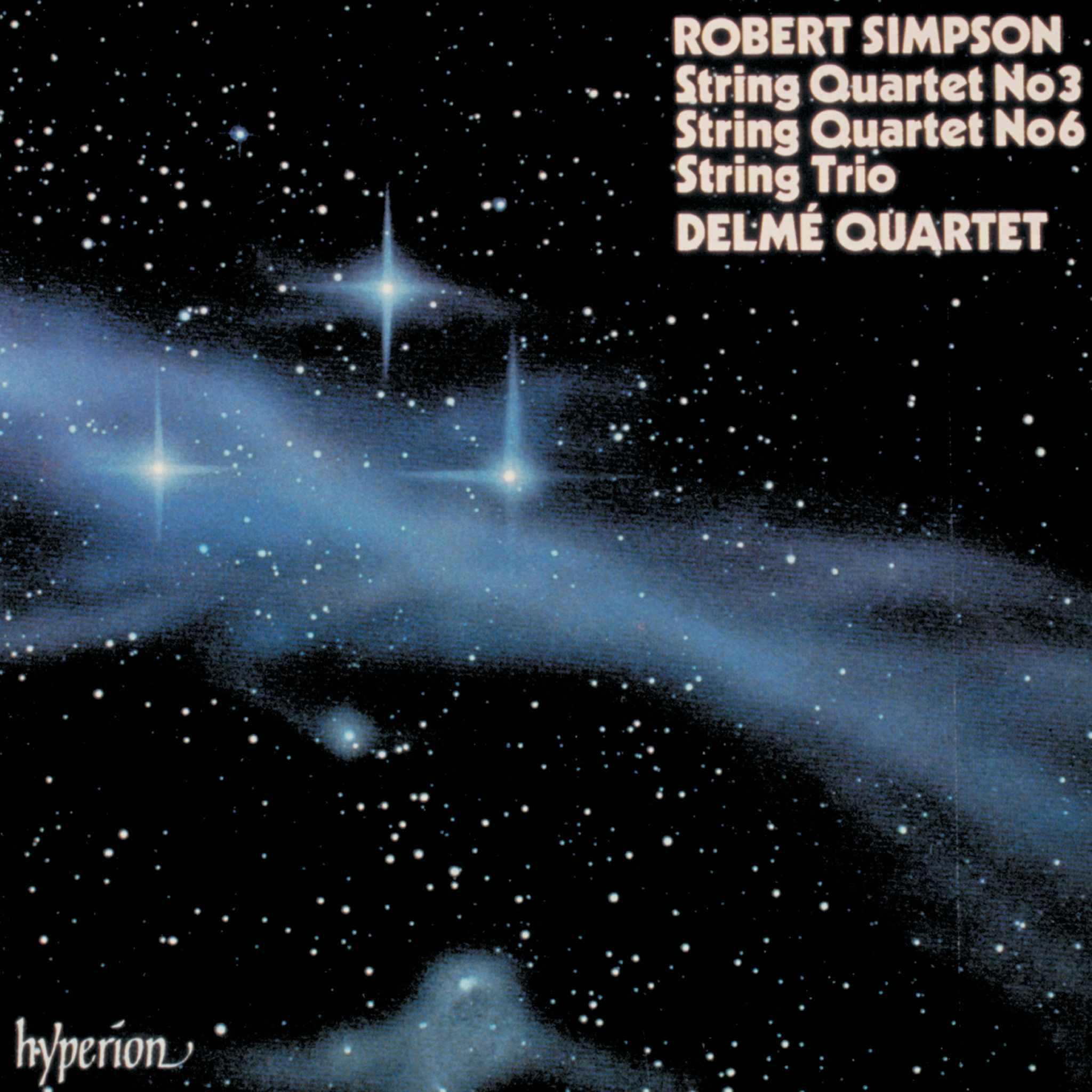The quartets on this CD, composed by renowned opera composers, represent their only works of this kind. While Verdi composed his String Quartet at the advanced age of nearly sixty, imbuing it with his unmistakable style and masterful nuances, Strauss's quartet dates from his youth and shows no indication of his later great operatic successes.
Verdi composed his quartet in the winter of 1872/73 during a break from his operatic work. Although he initially showed little enthusiasm for its publication, he yielded to the urging of his publisher and various music societies. The quartet, characterized by Verdi's conservative style, is nonetheless distinguished by its individual character and virtuosity.
In the Allegro movement, Verdi demonstrates a masterful command of the classical sonata form. The Andantino impresses with its finely nuanced elegance and surprising bursts reminiscent of Haydn. The third movement, a Scherzo in E minor, is filled with somber energy and is reminiscent of the Scherzo from Beethoven's Opus 135.
The concluding movement, the Scherzo fuga, represents a pinnacle of contrapuntal artistry in Verdi's work. Strauss's Quartet in A major takes Beethoven as its model, yet also reveals the composer's youthful enthusiasm. Its individual movements create a fresh, engaging atmosphere reminiscent of Beethoven's early chamber music. Richard Strauss's Quartet demonstrates a thorough training in the classical style before the composer later devoted himself to his own distinctive musical language.

